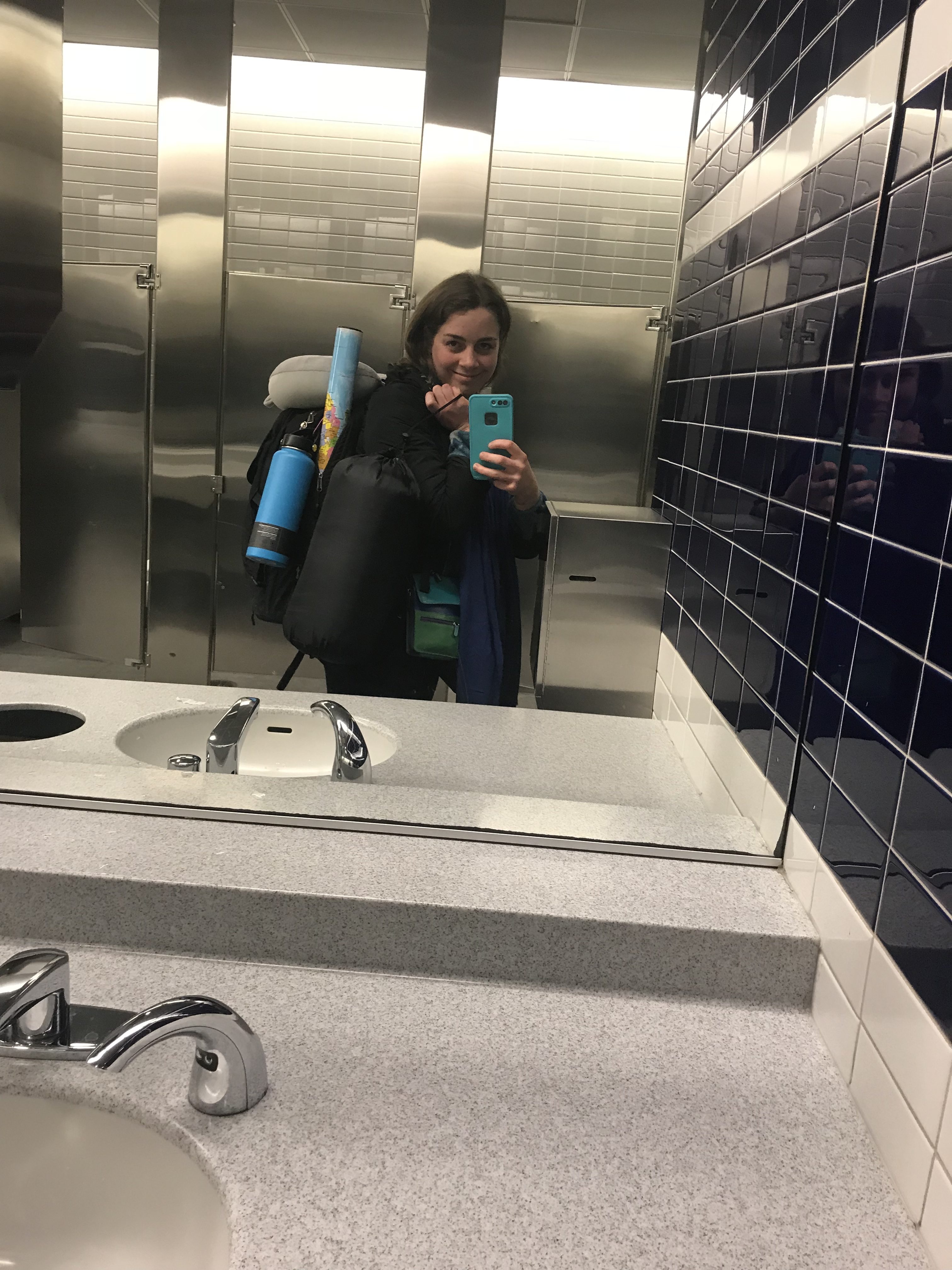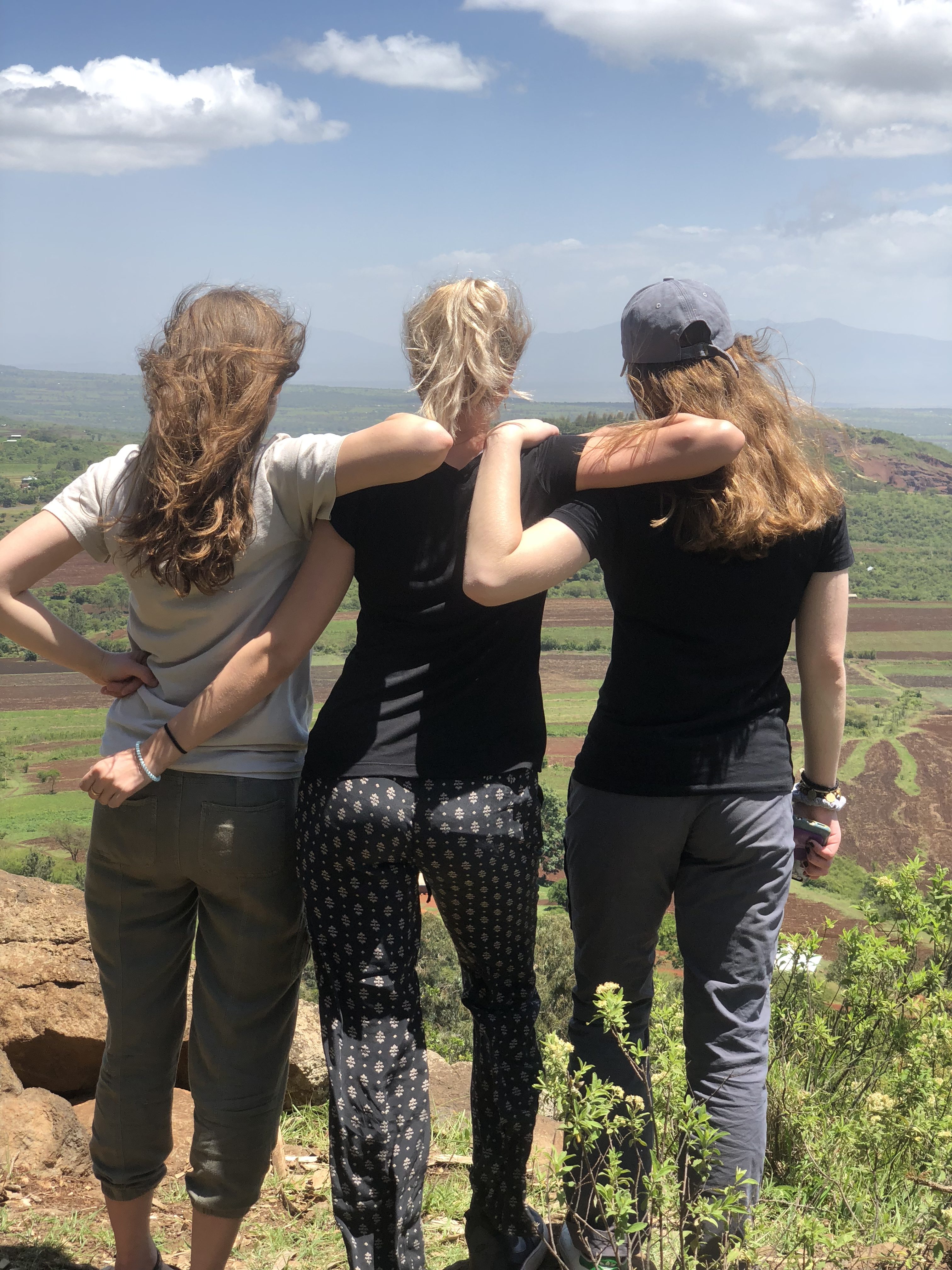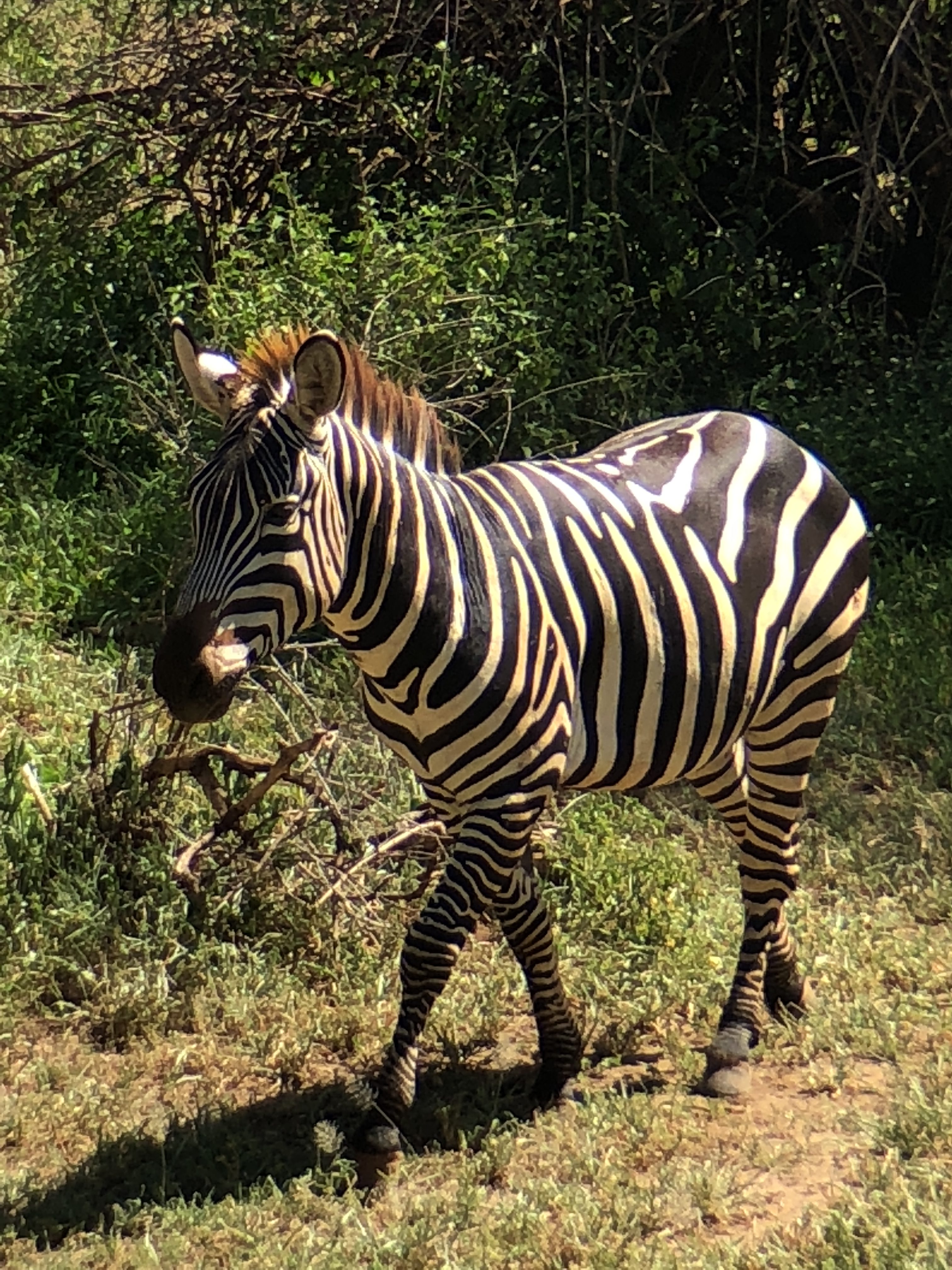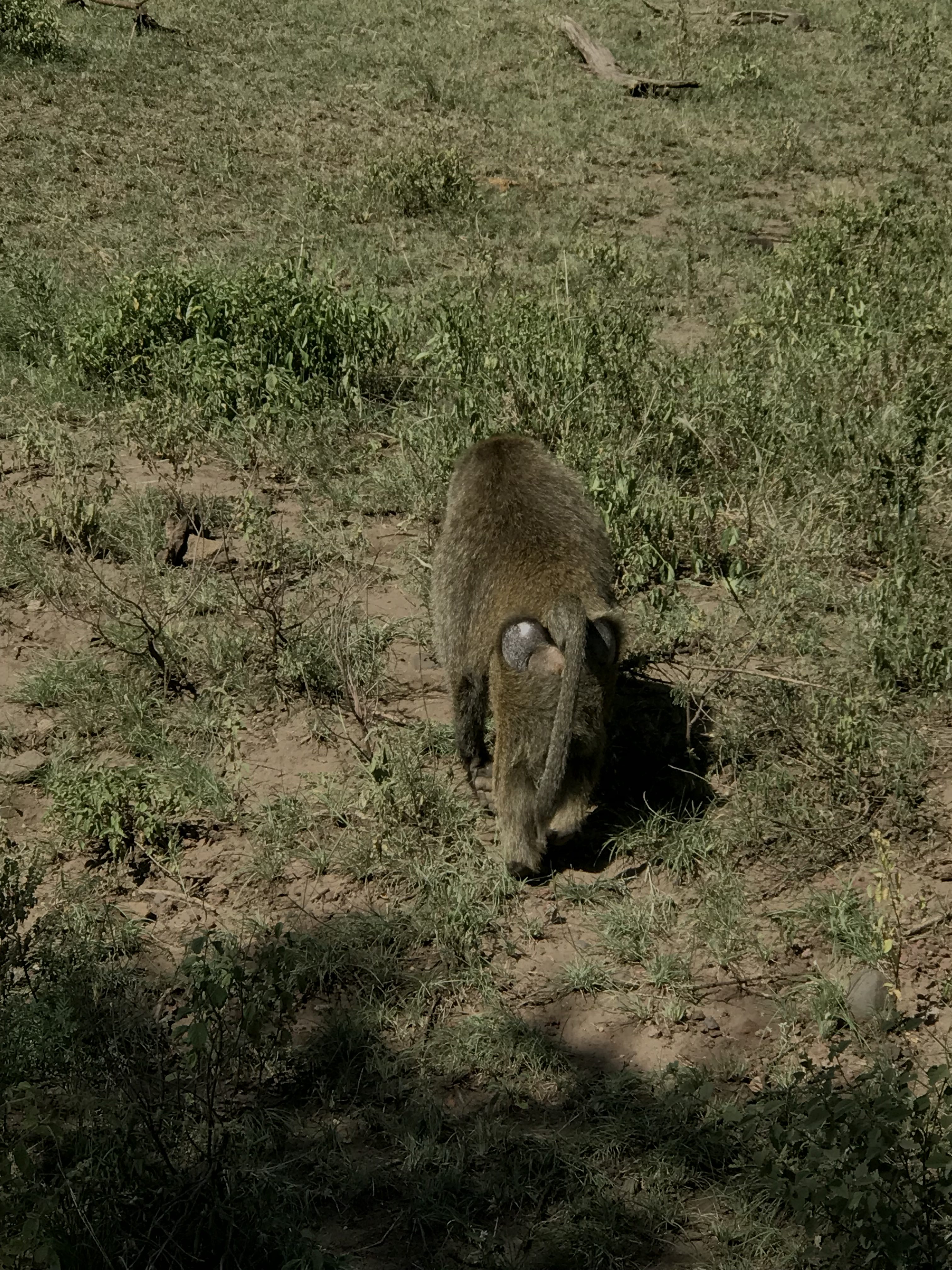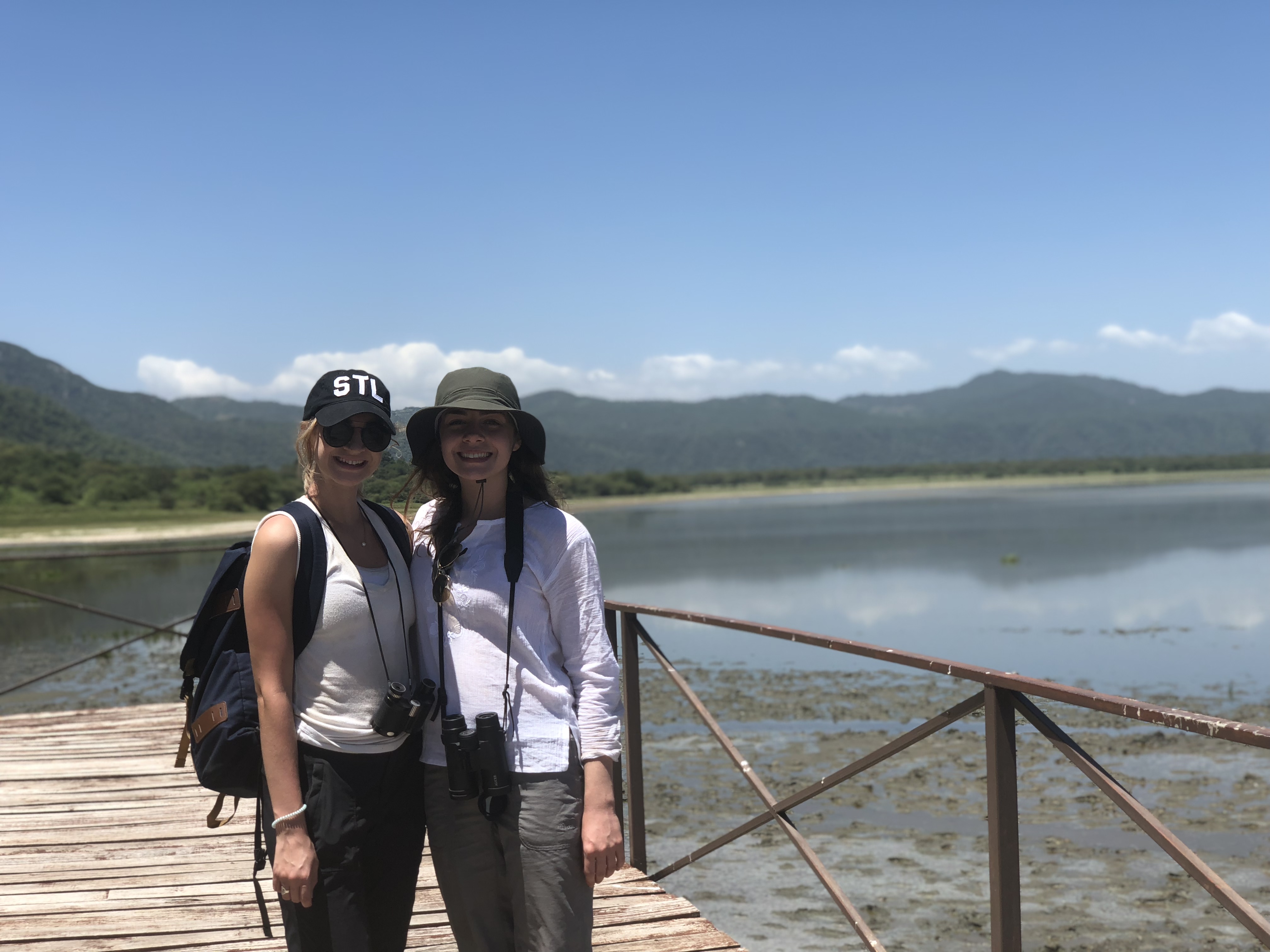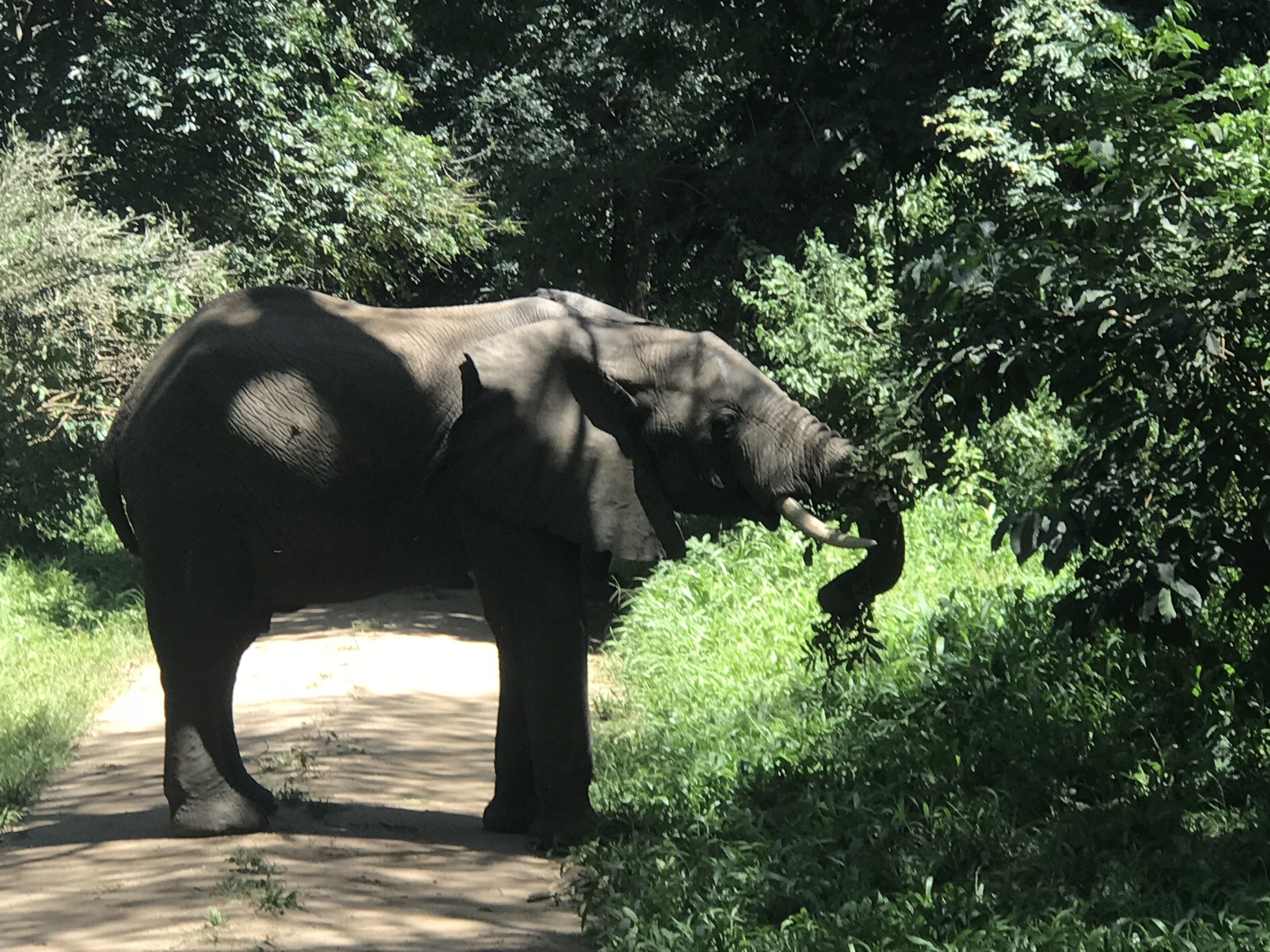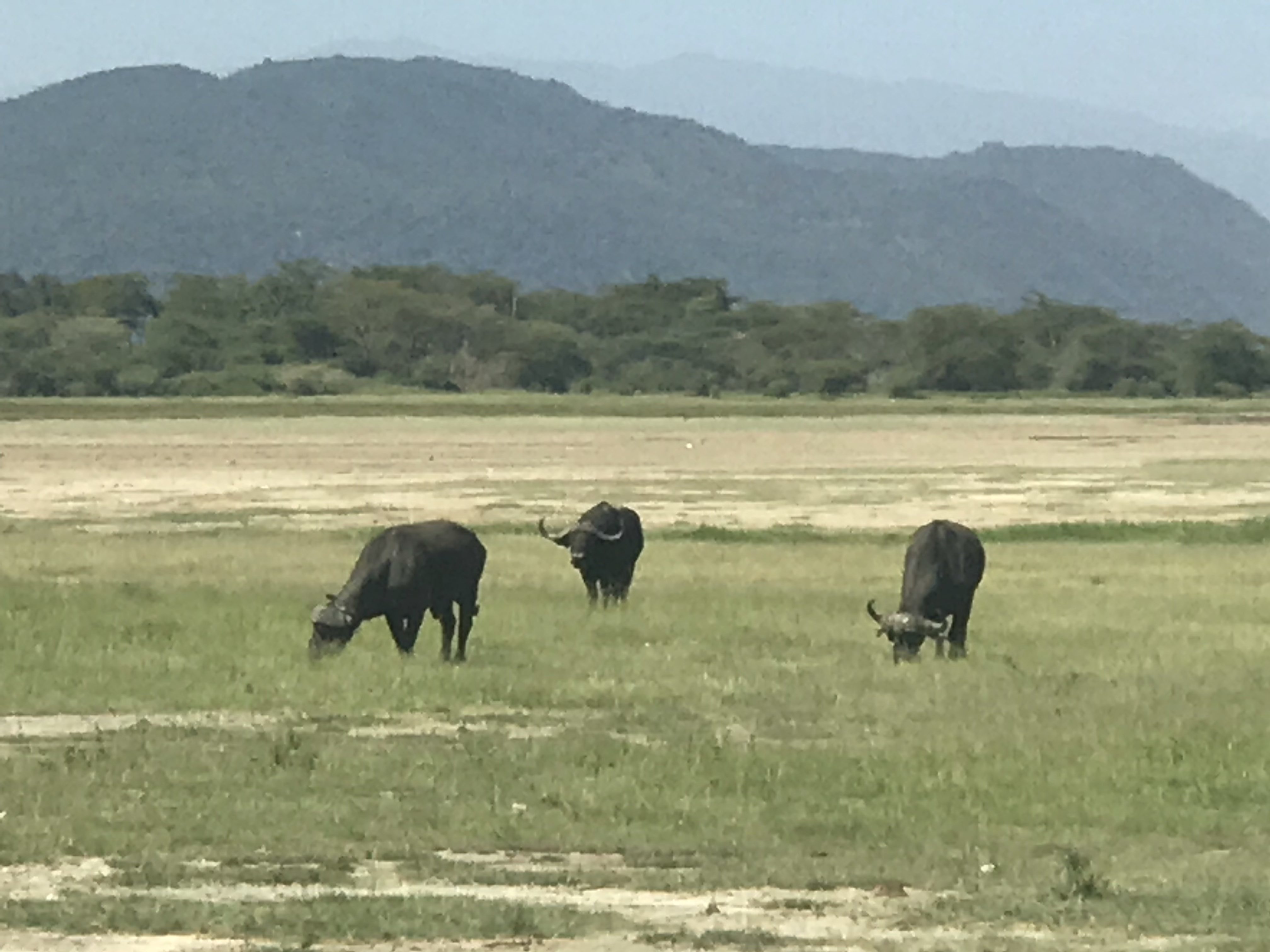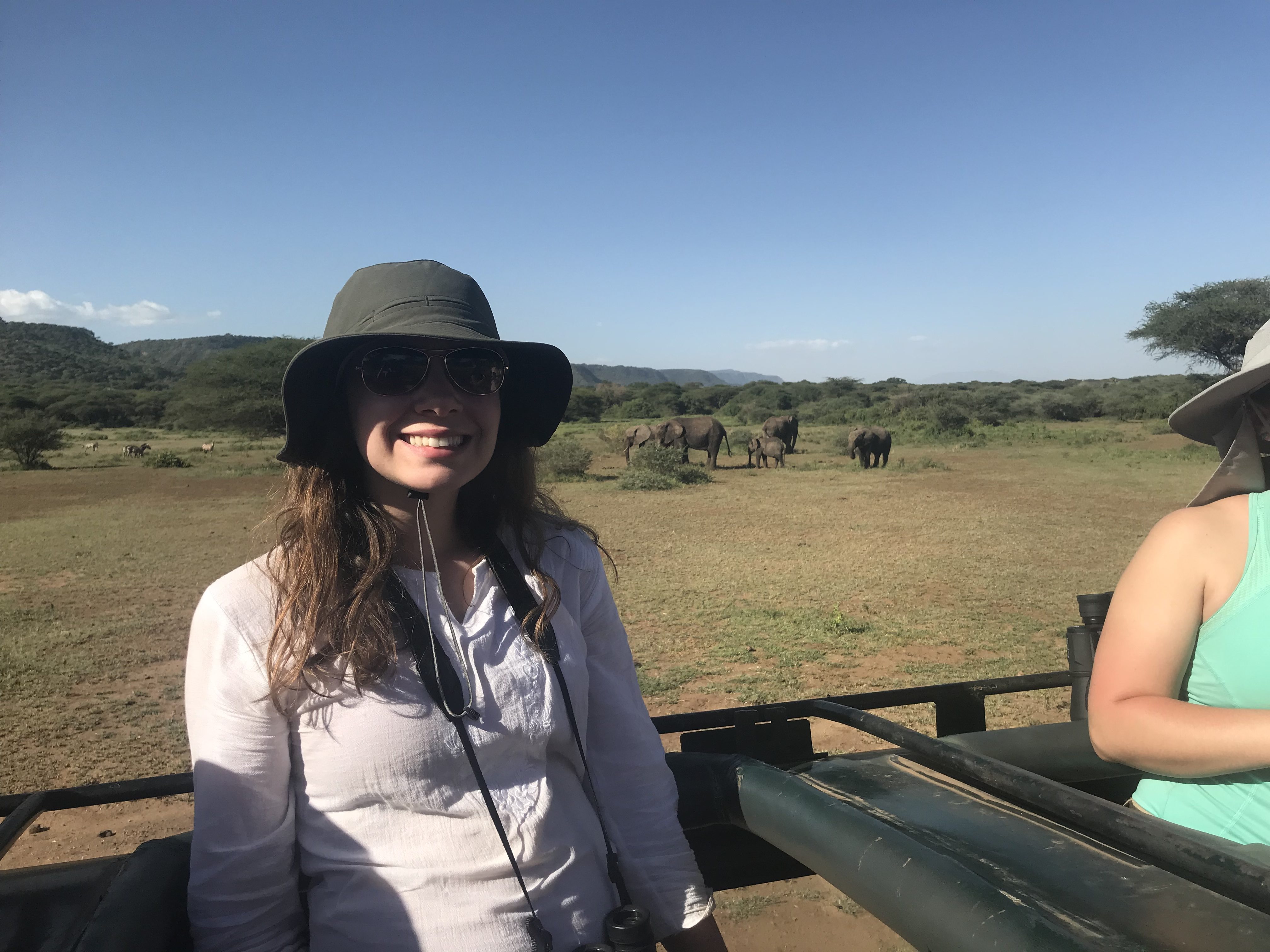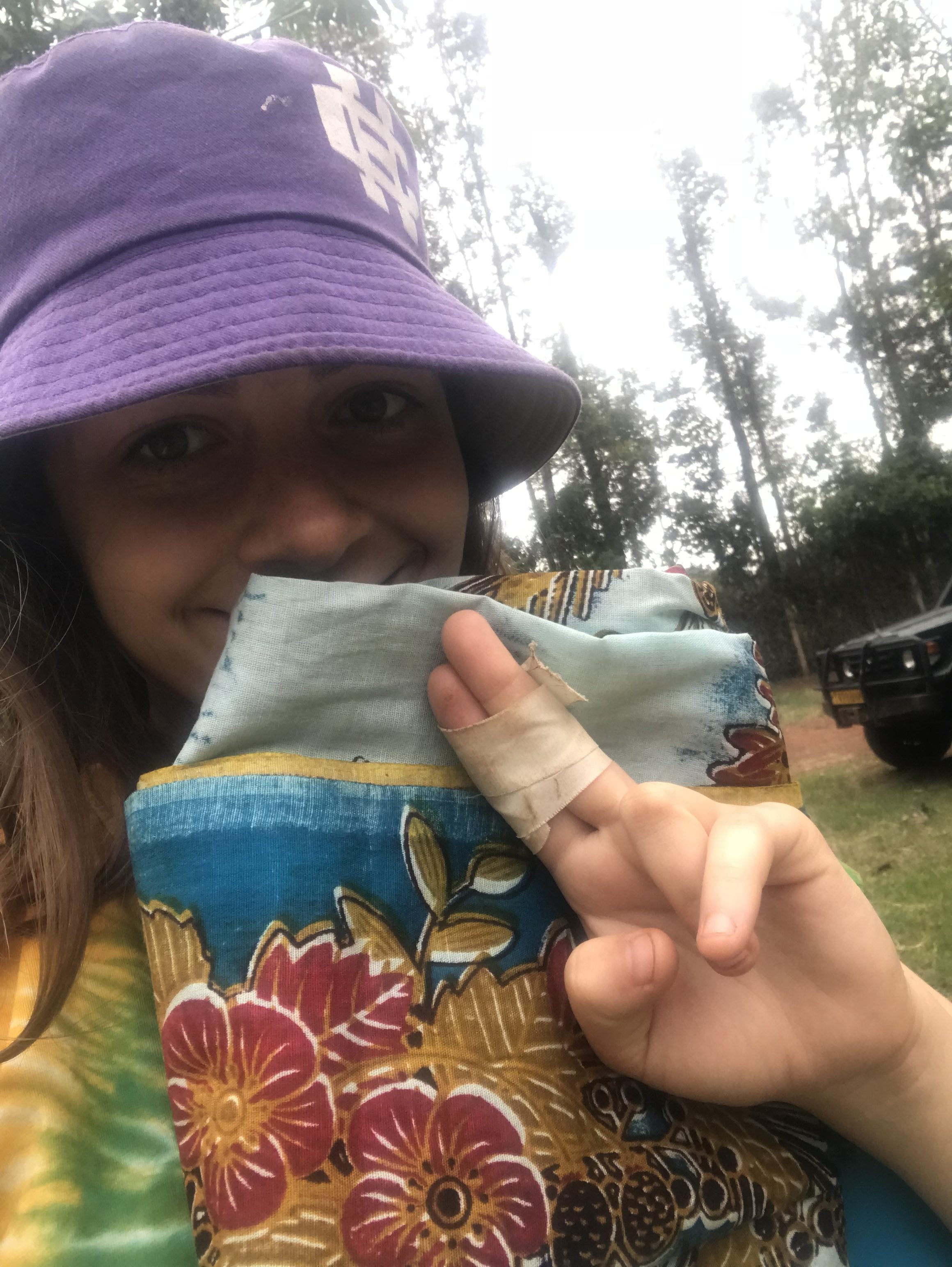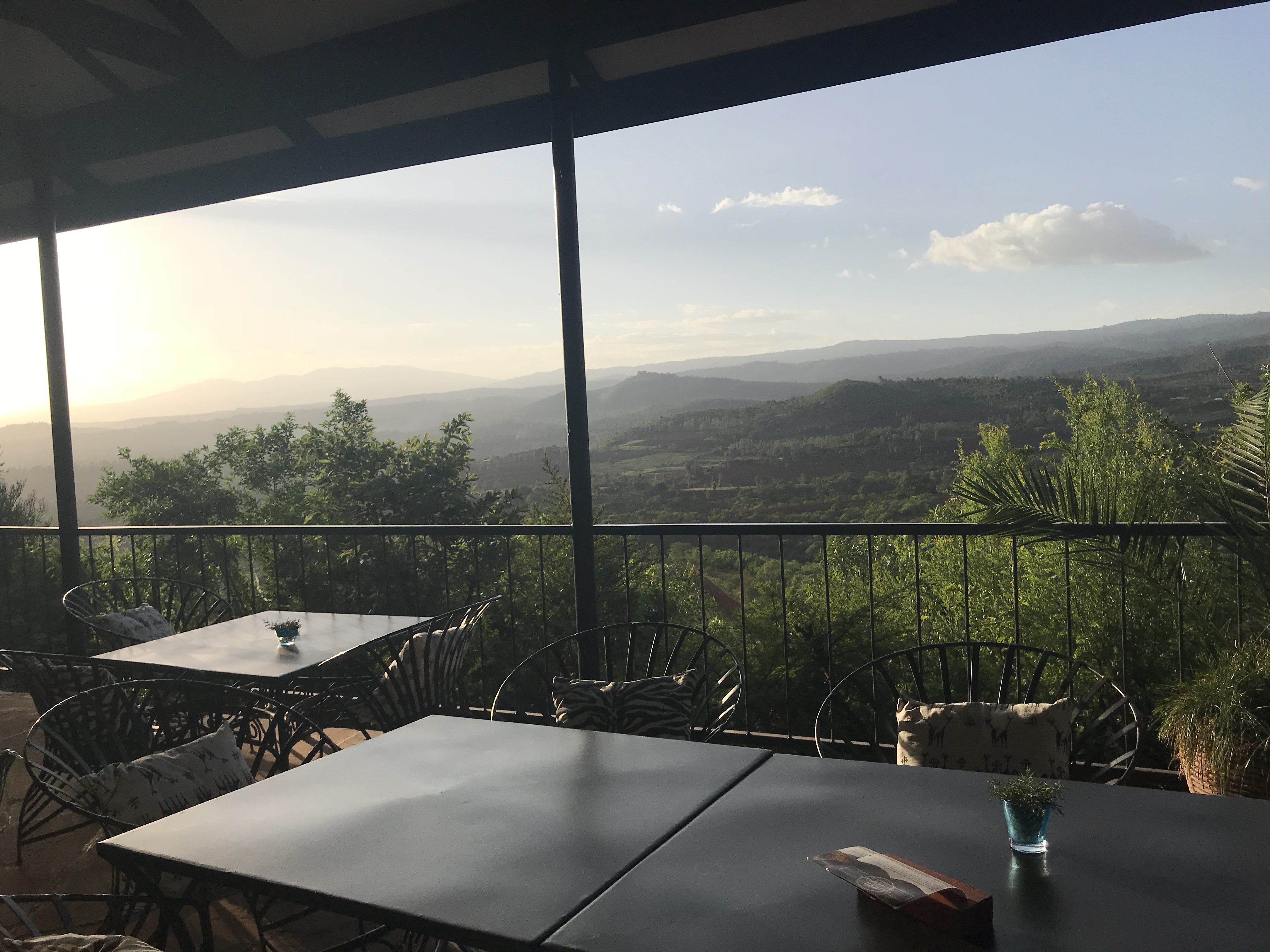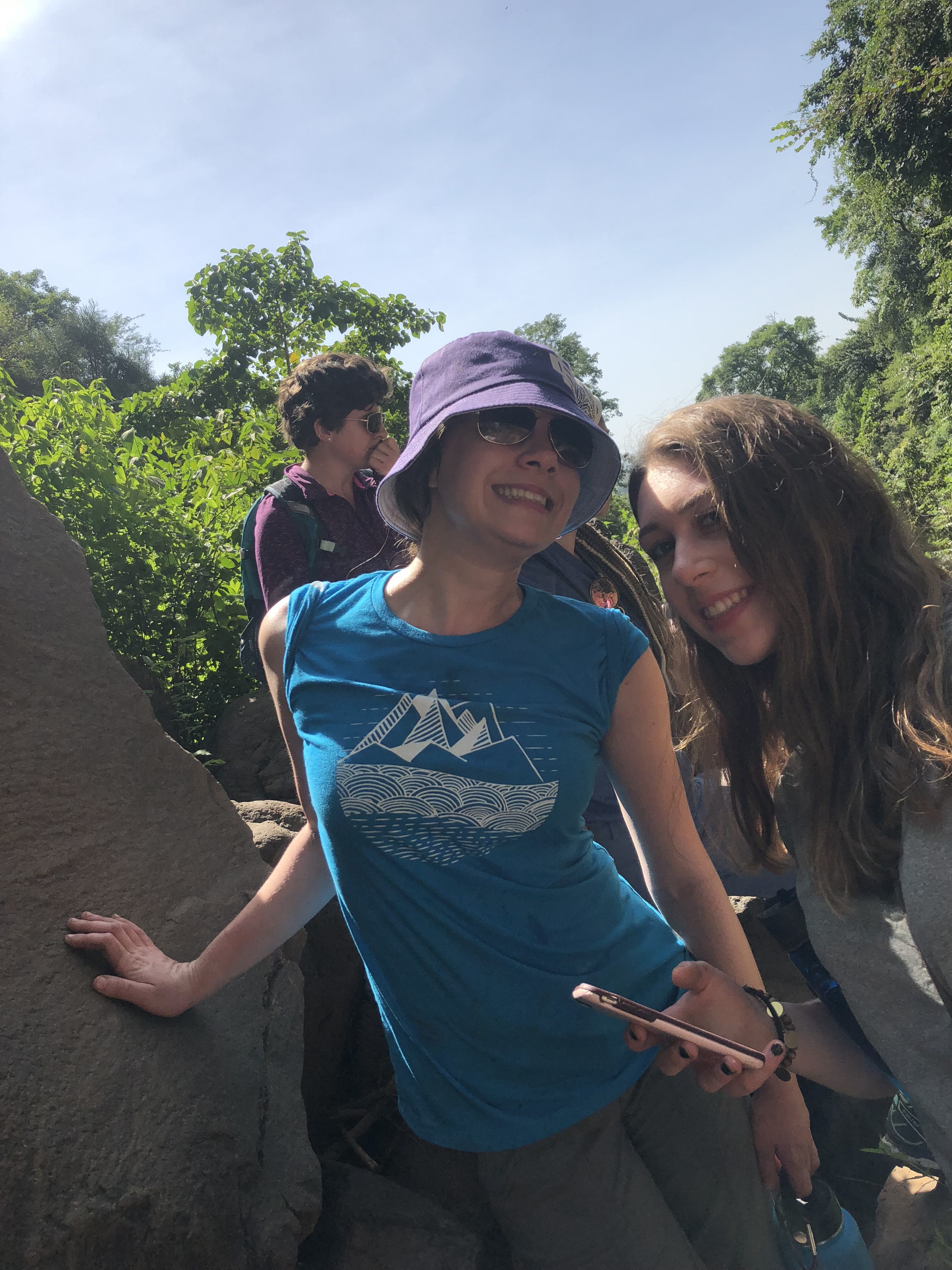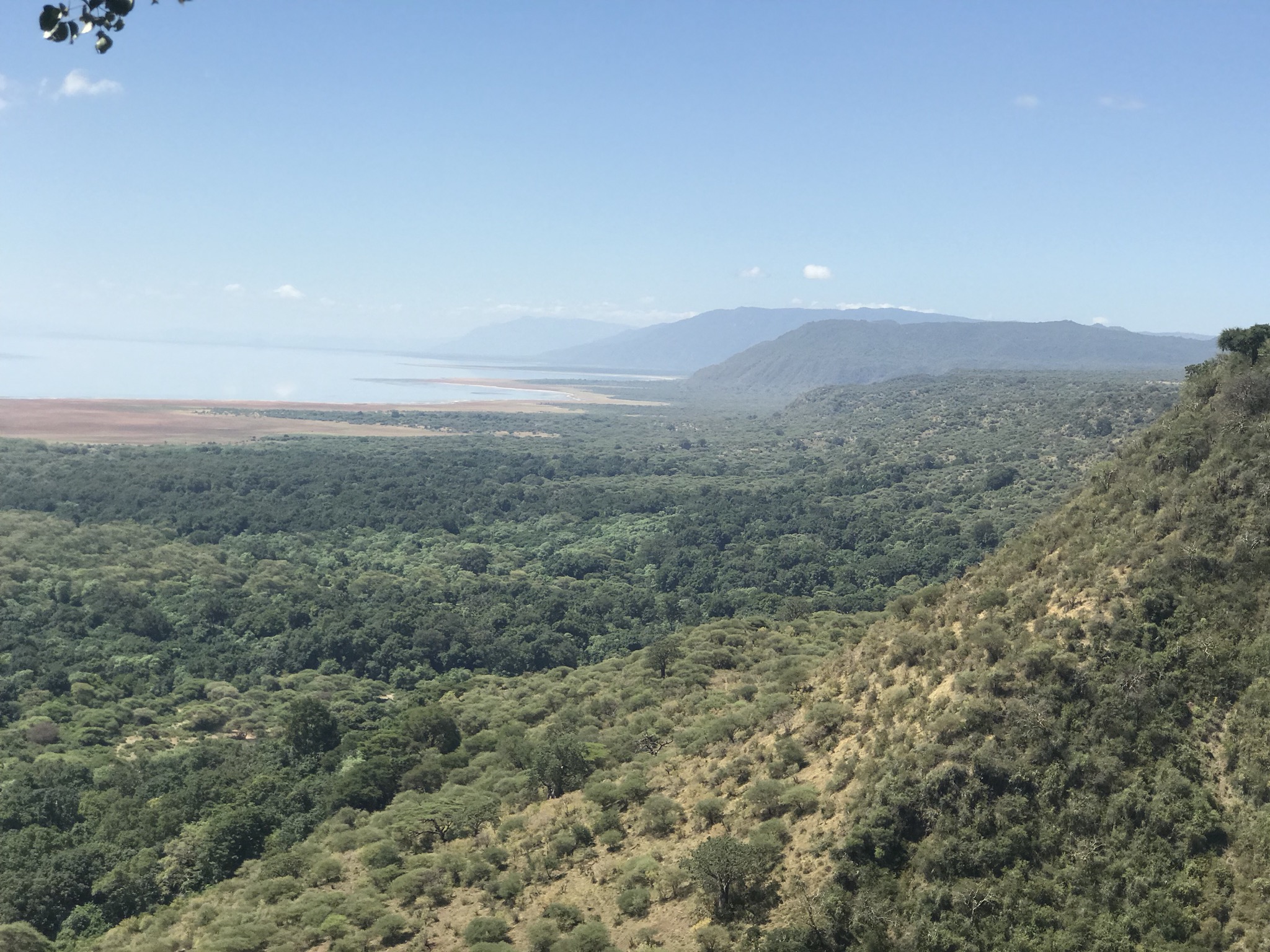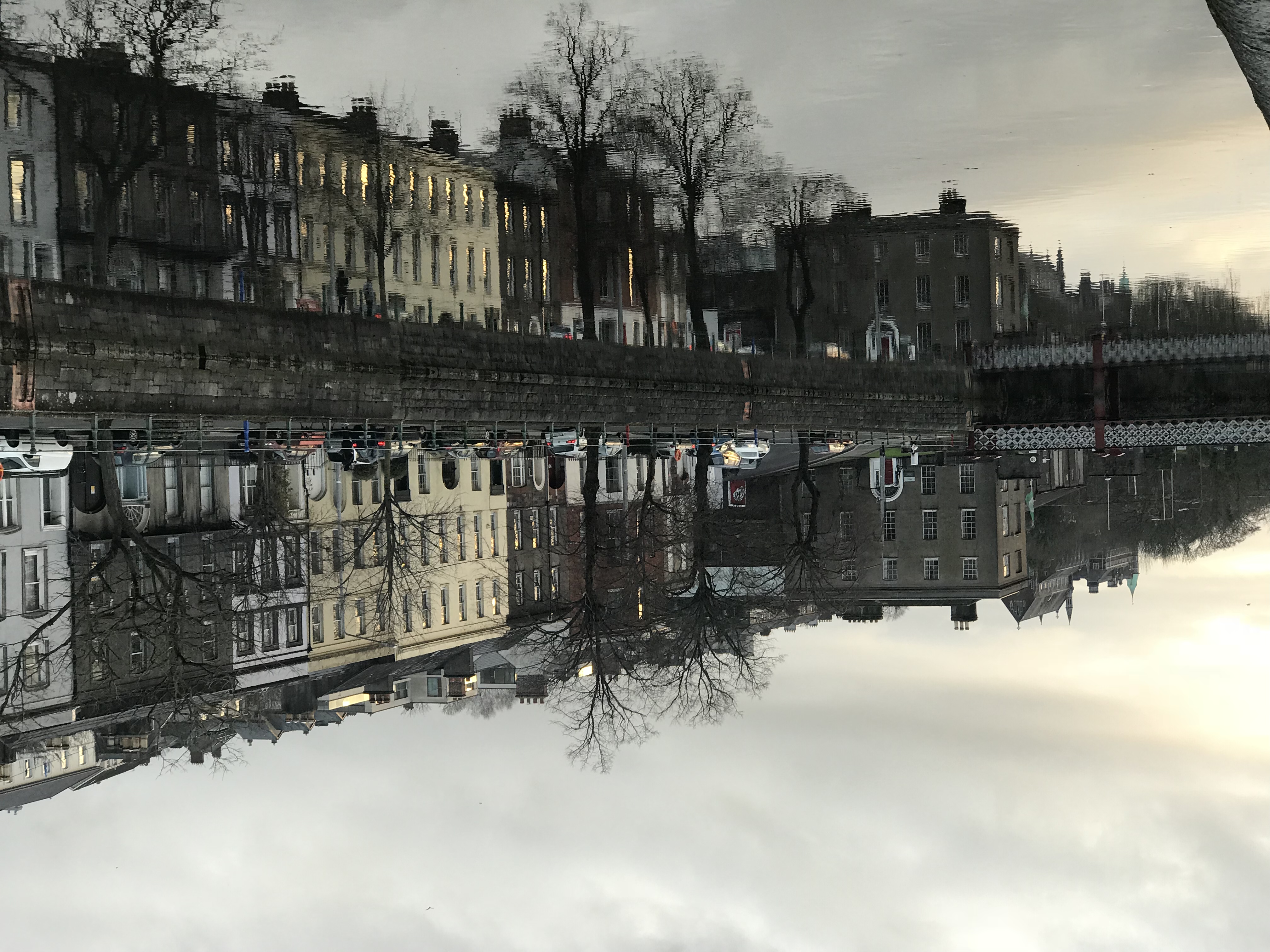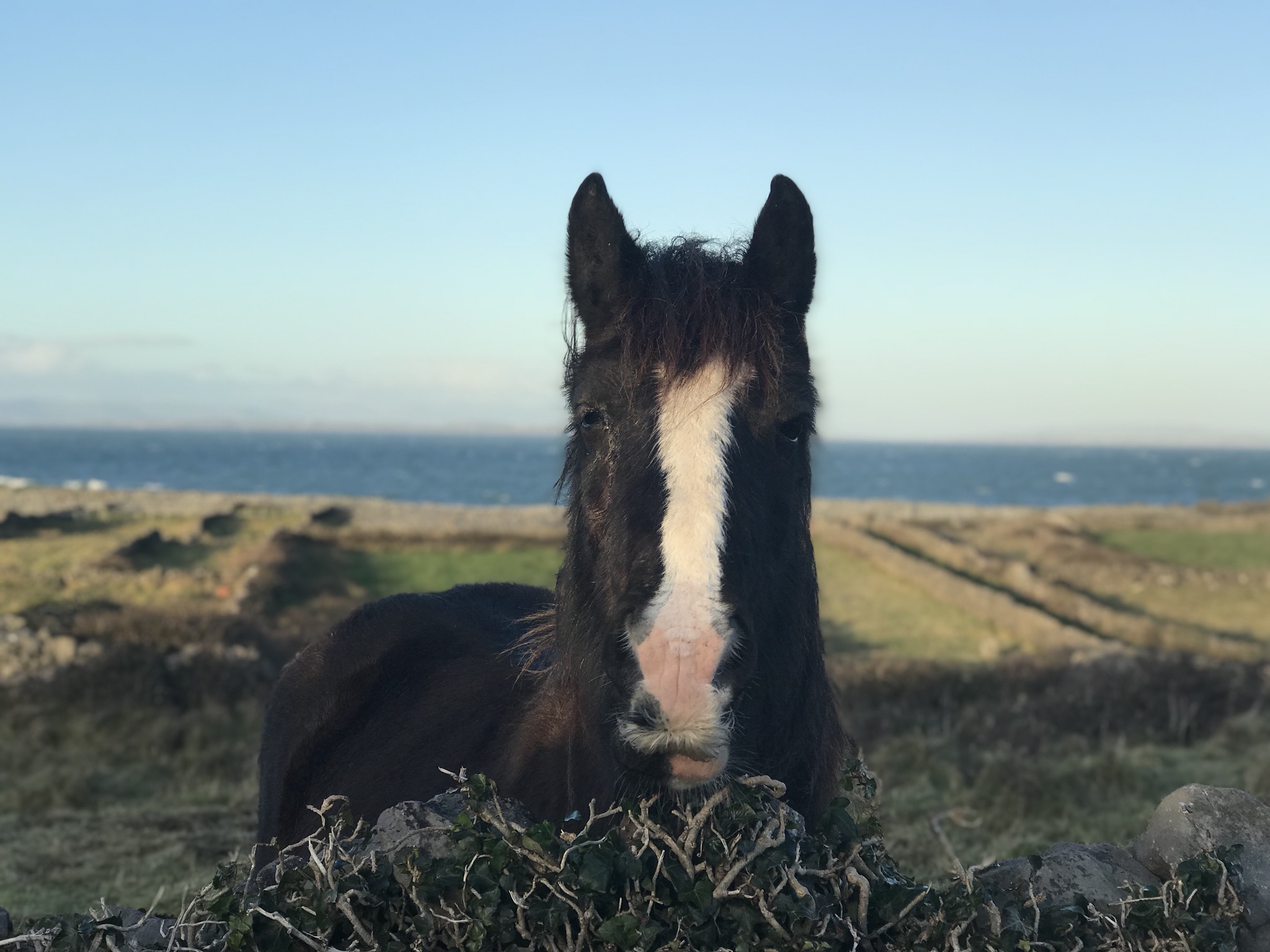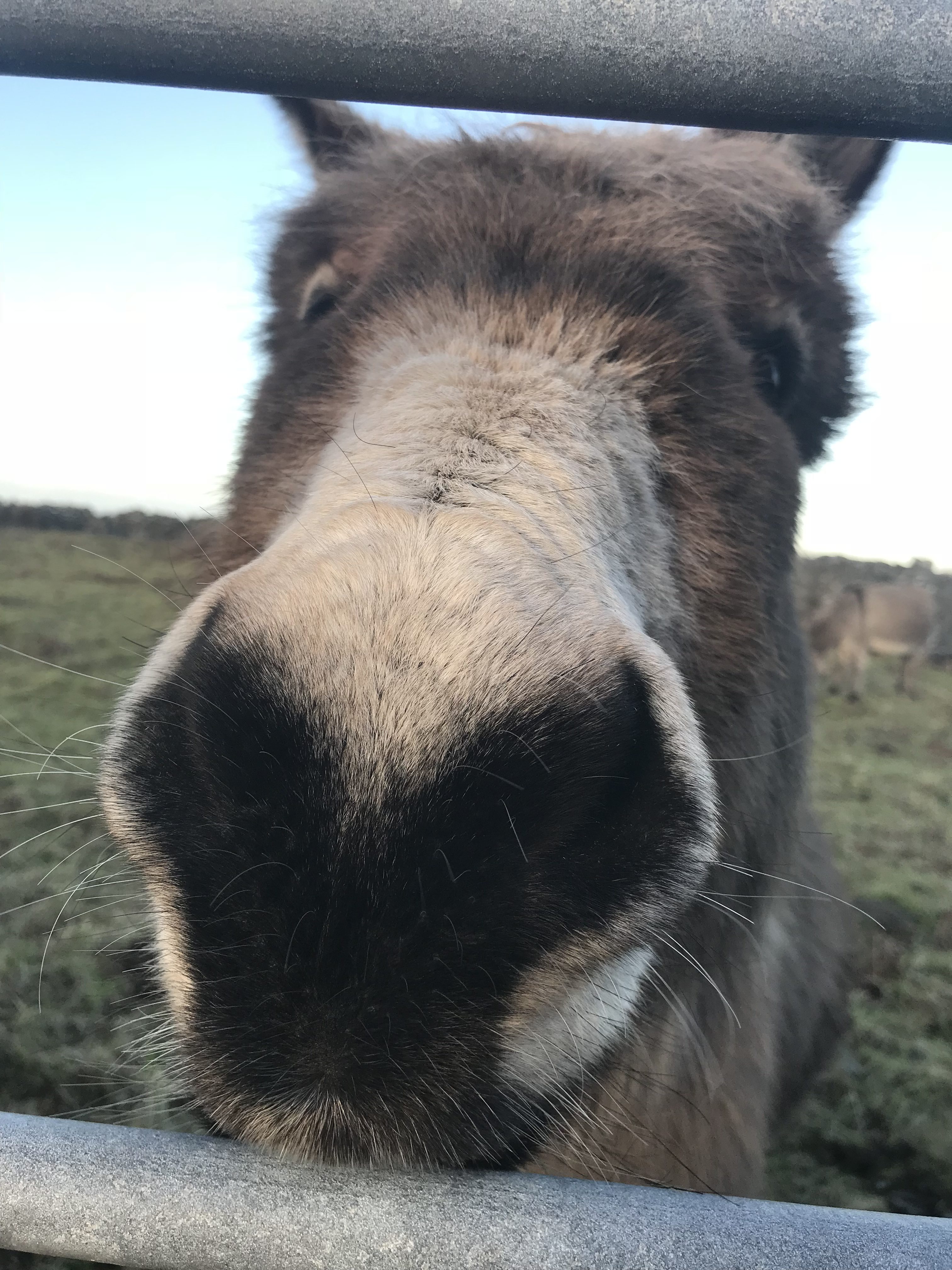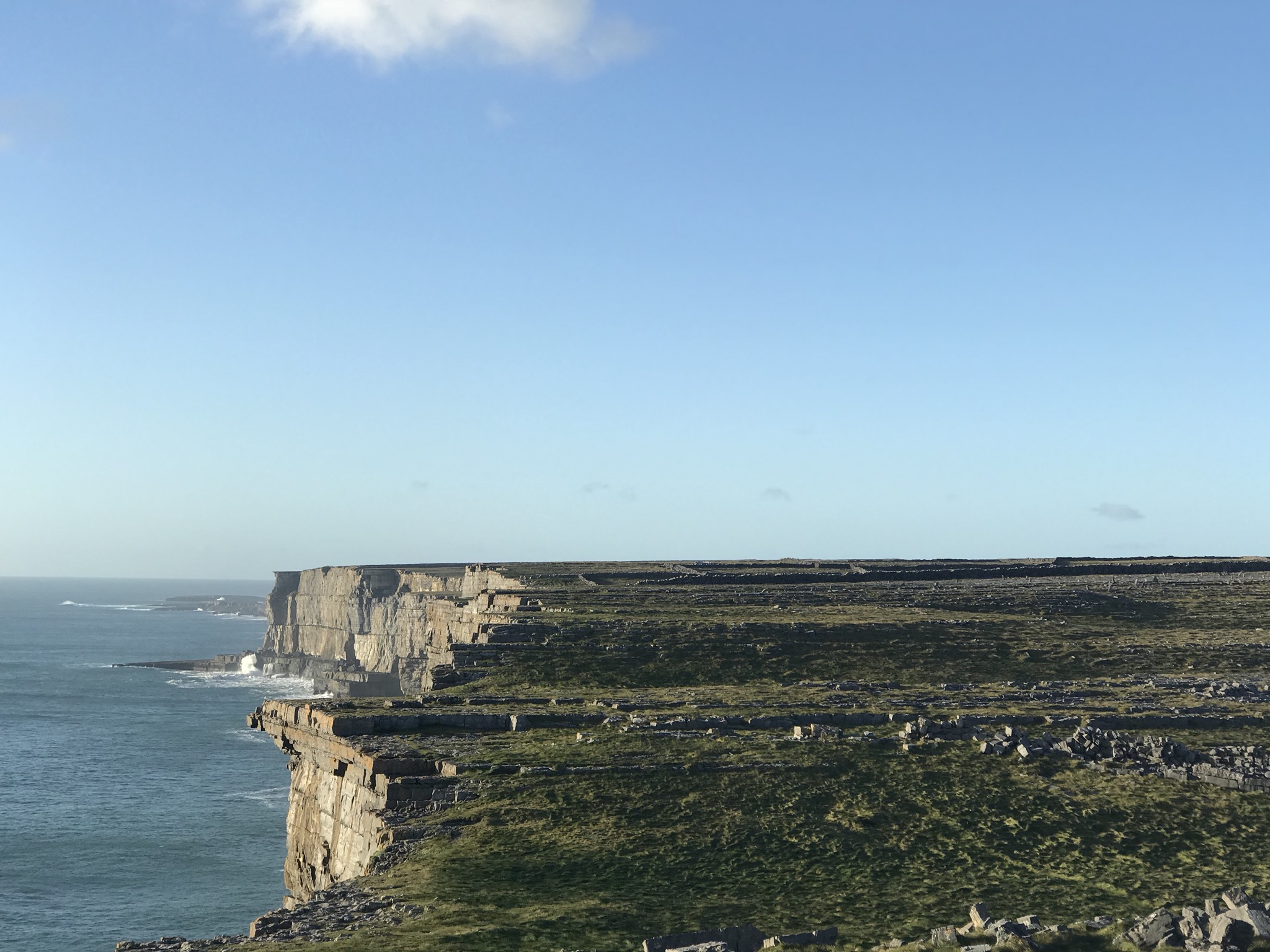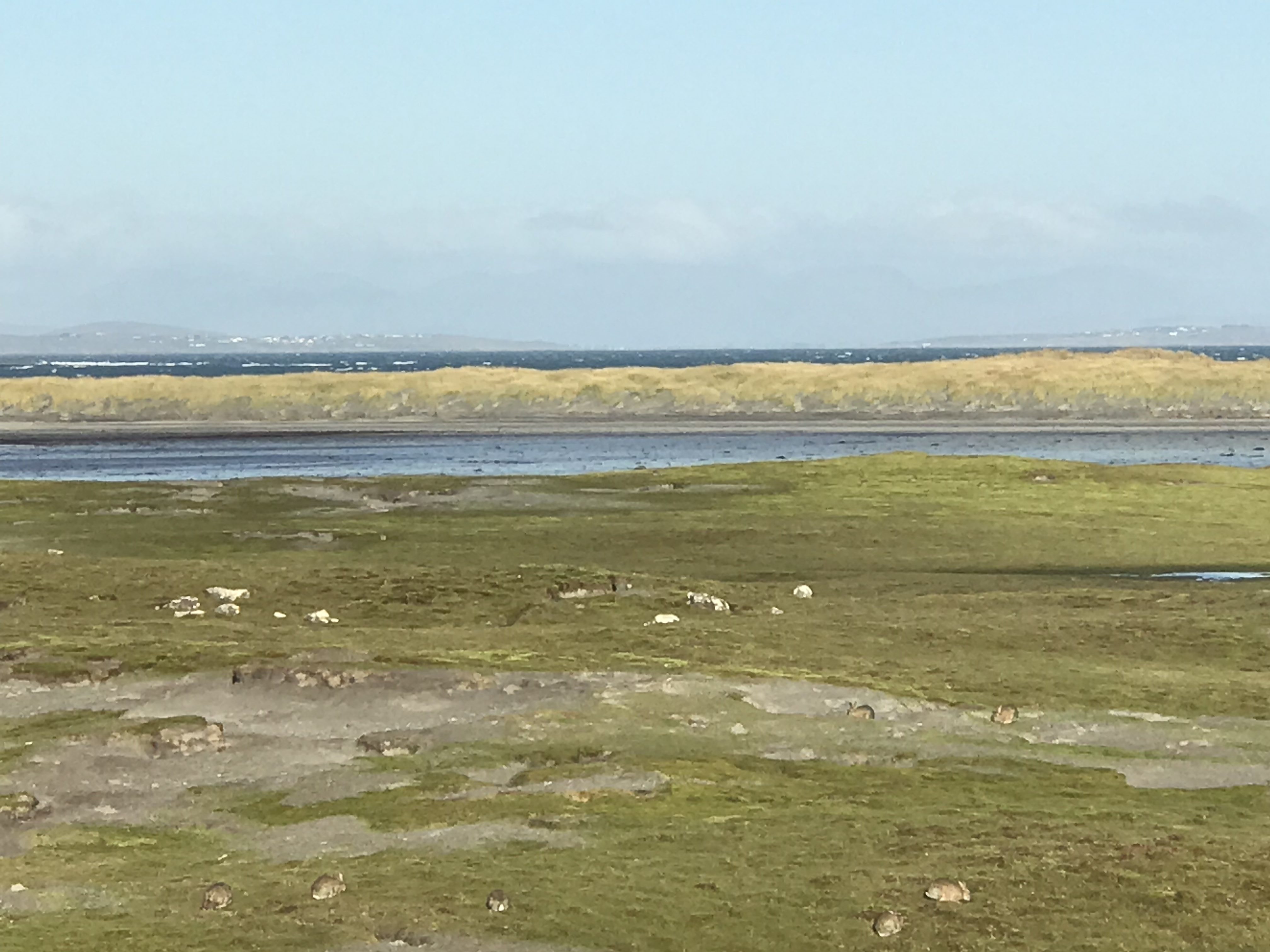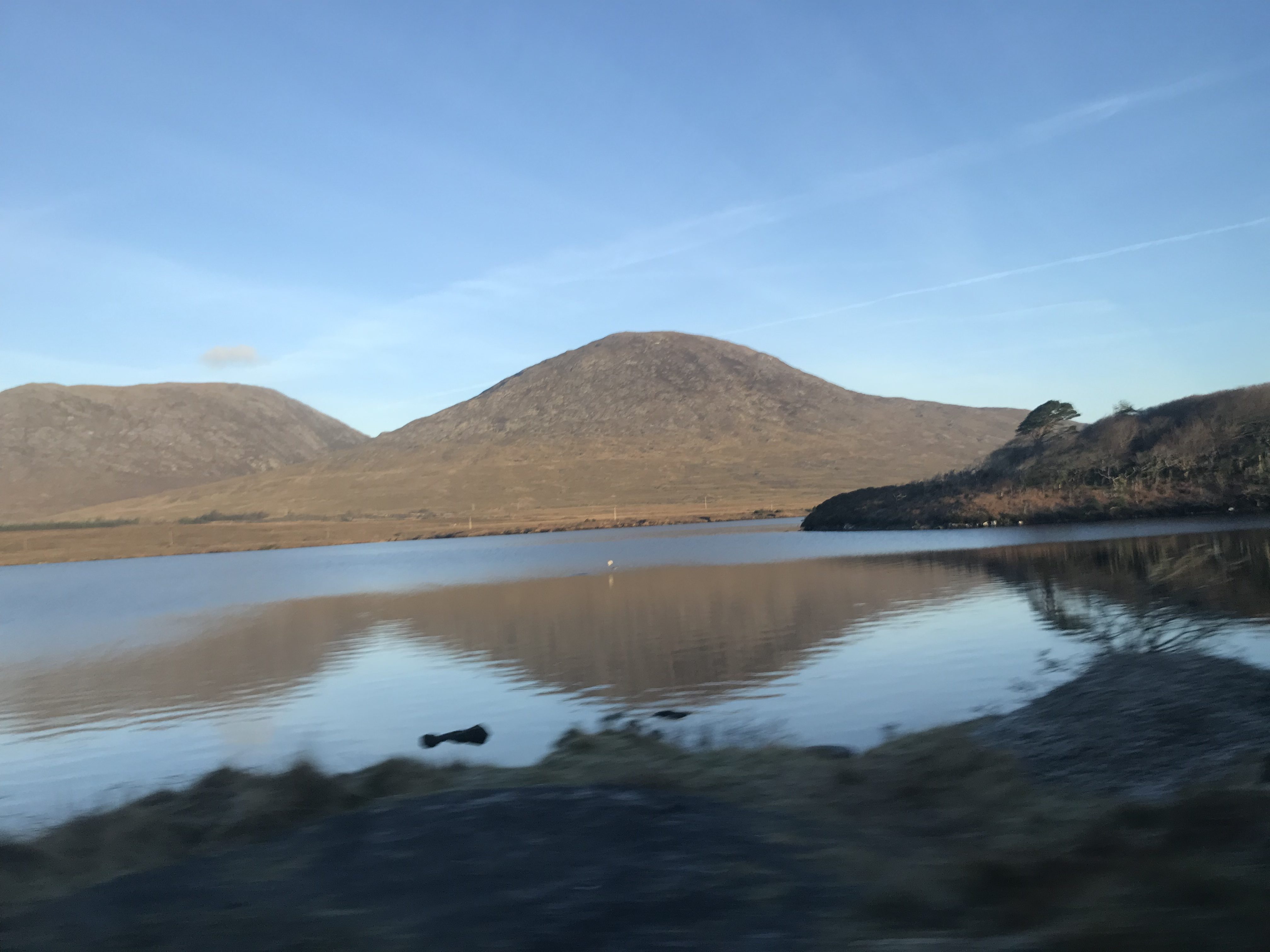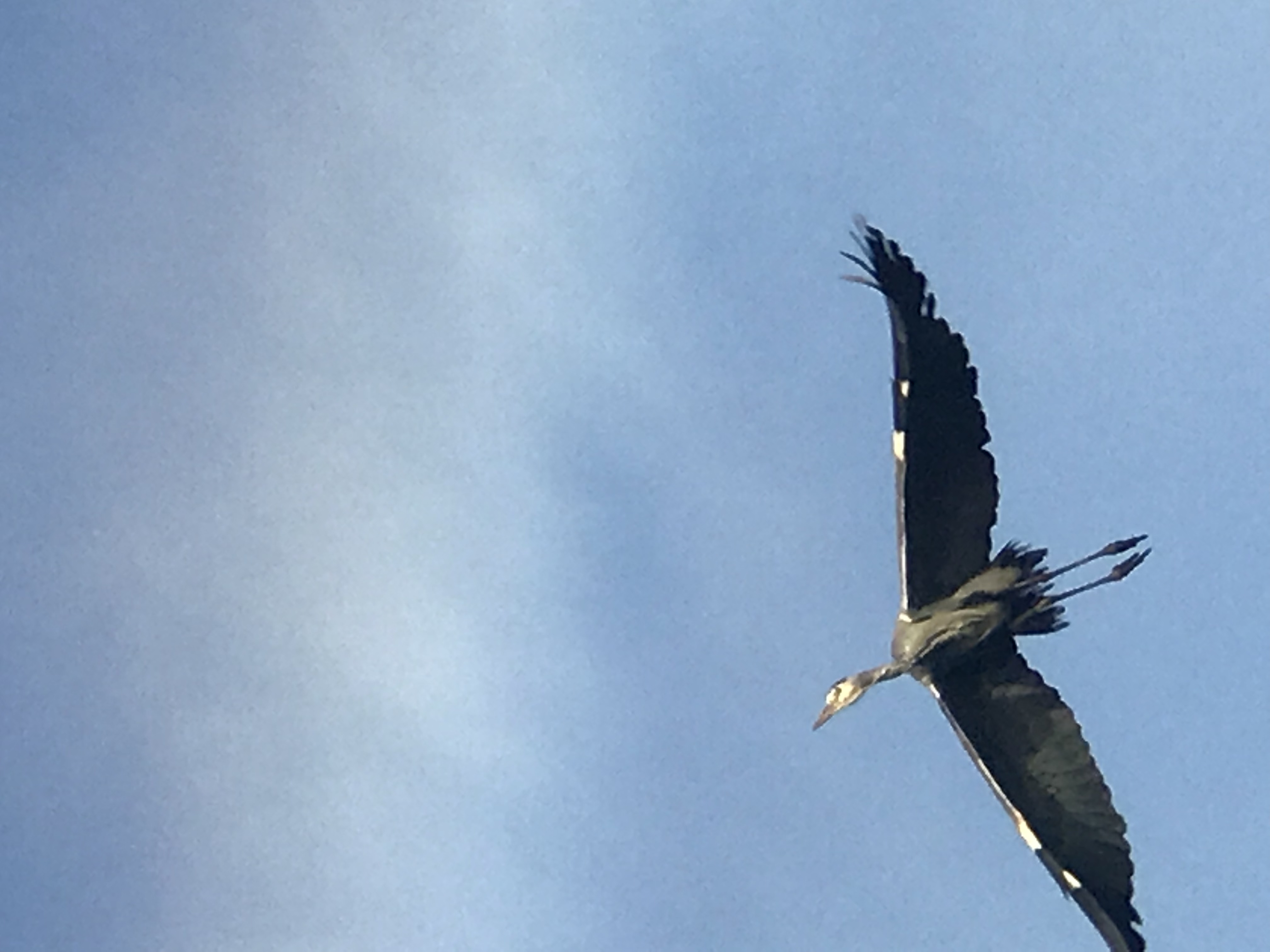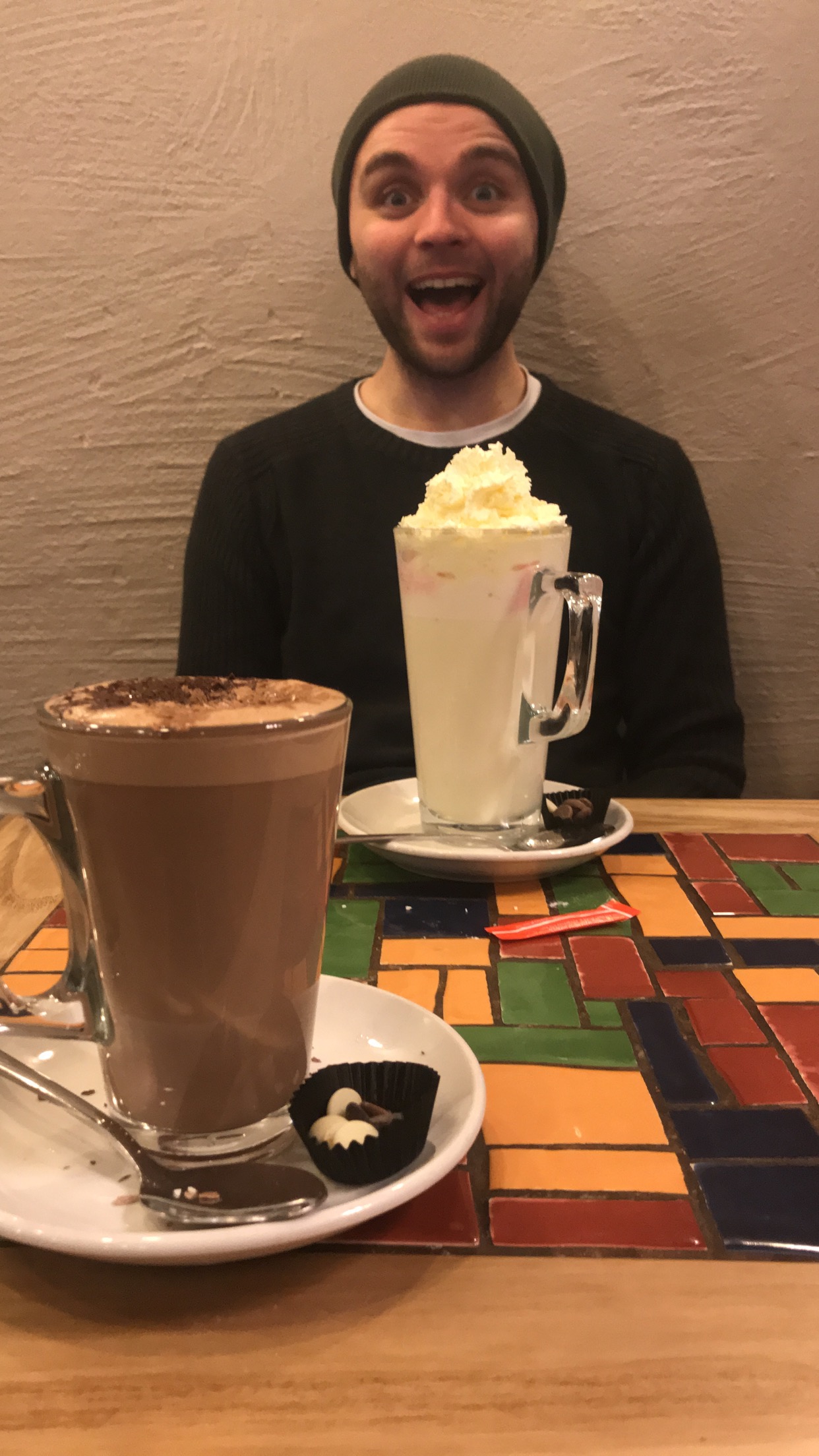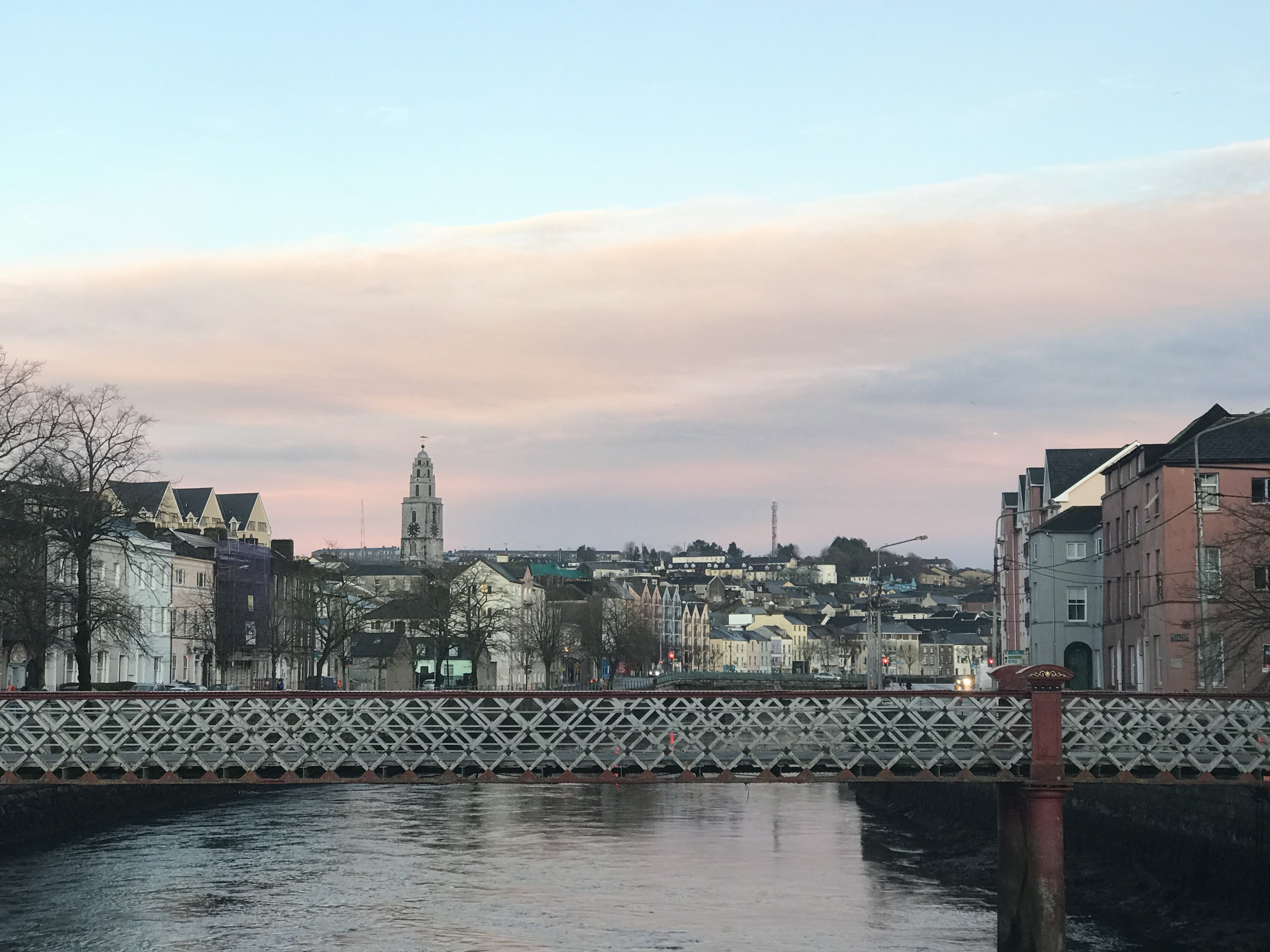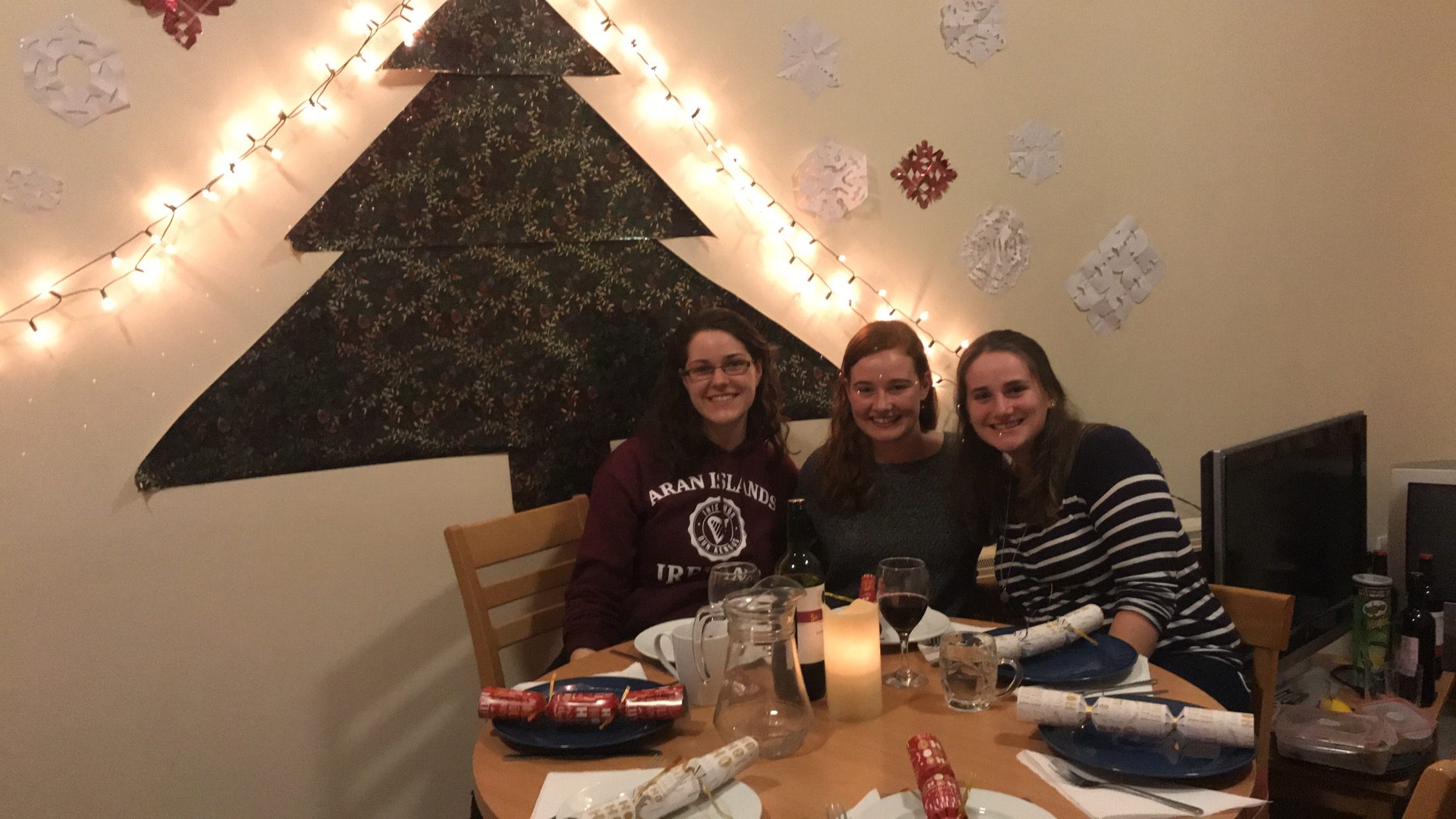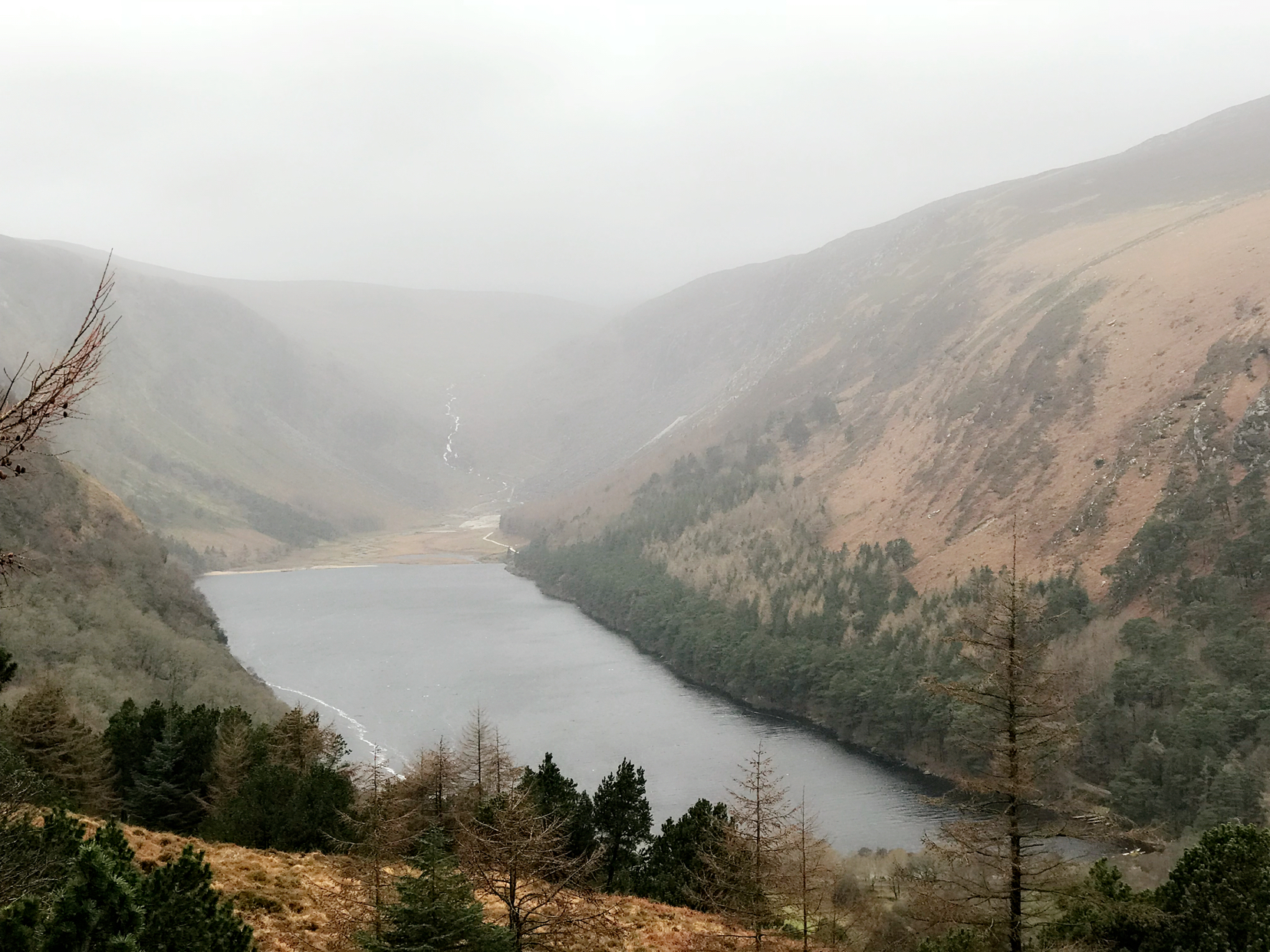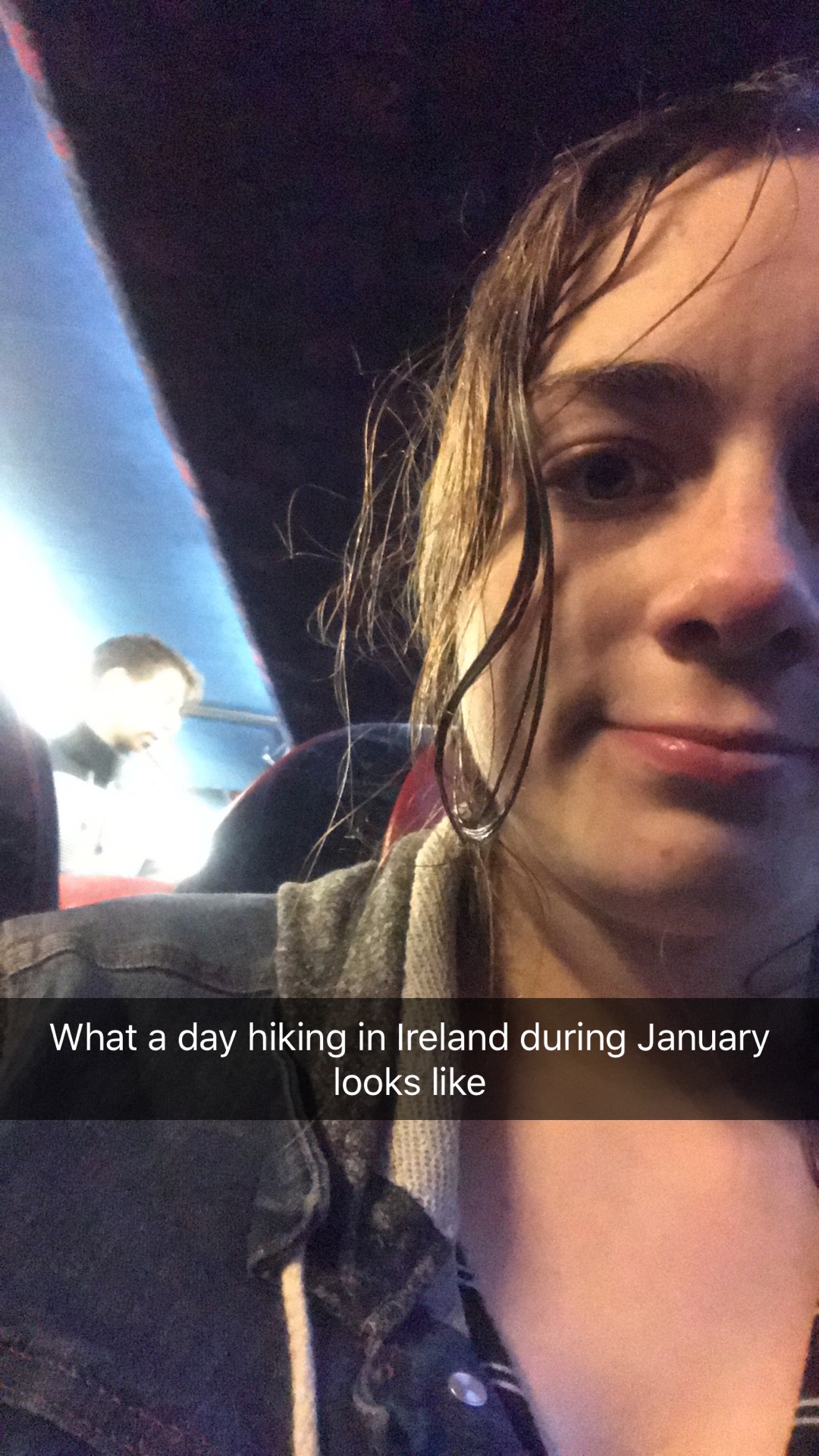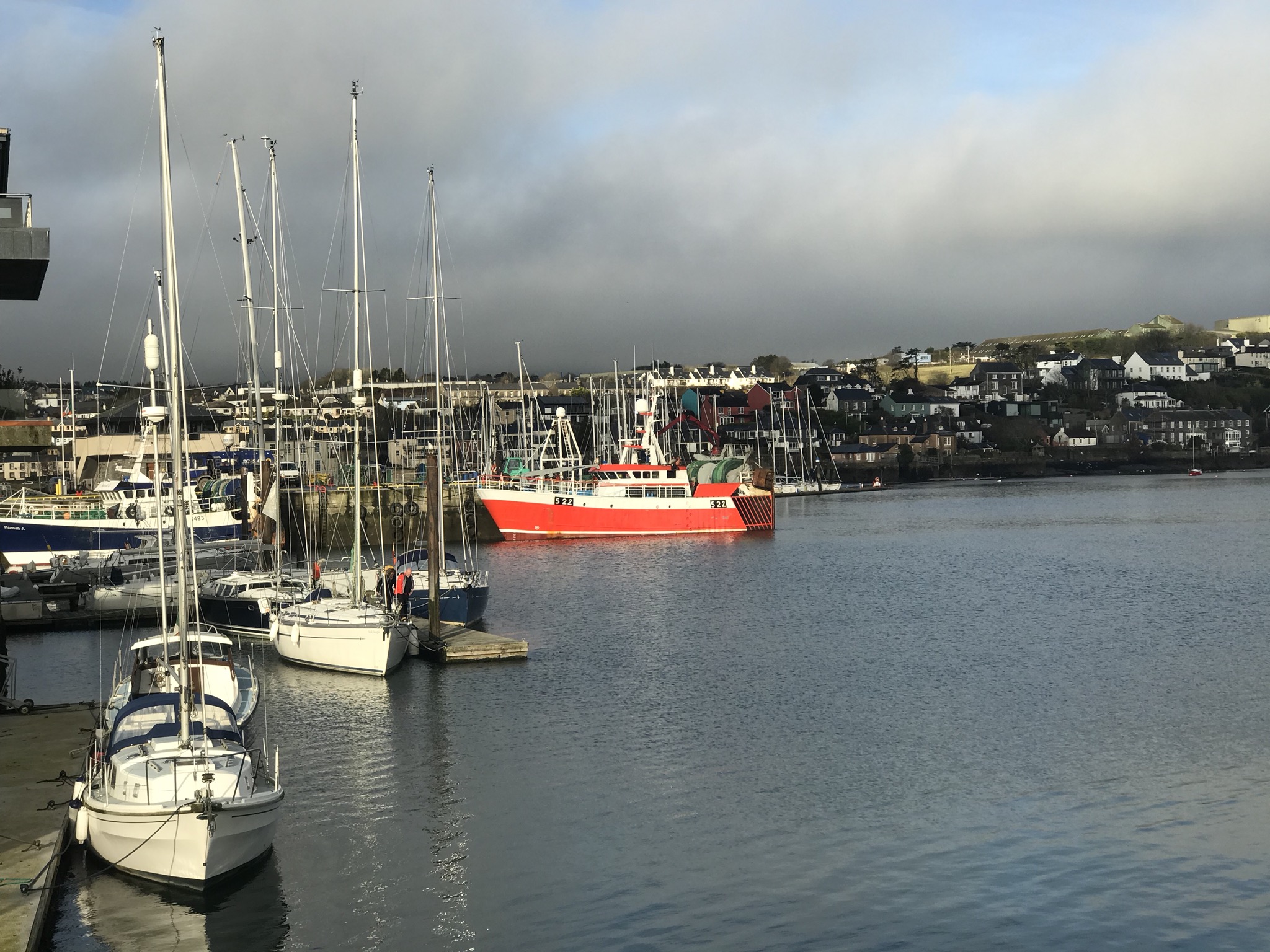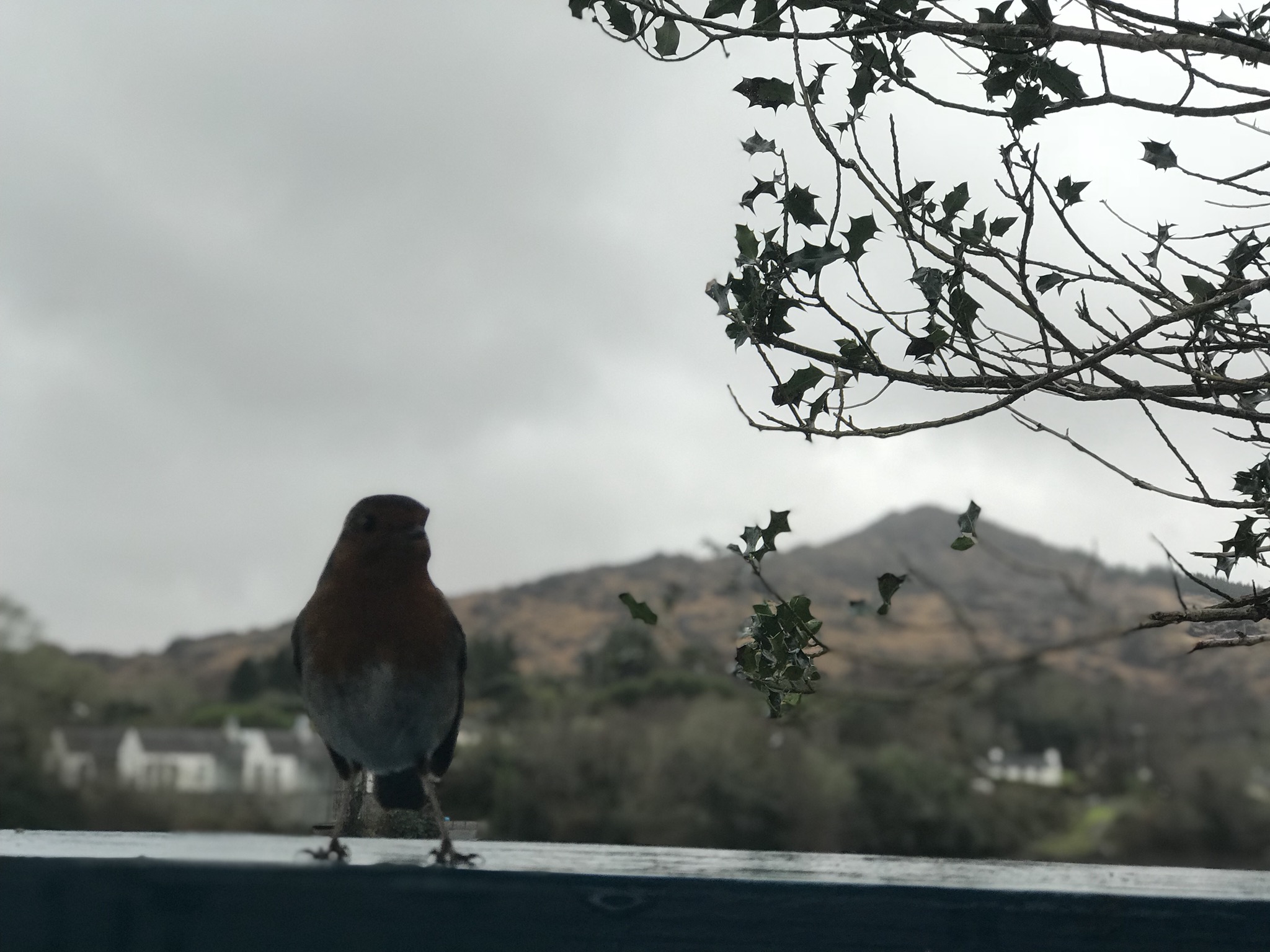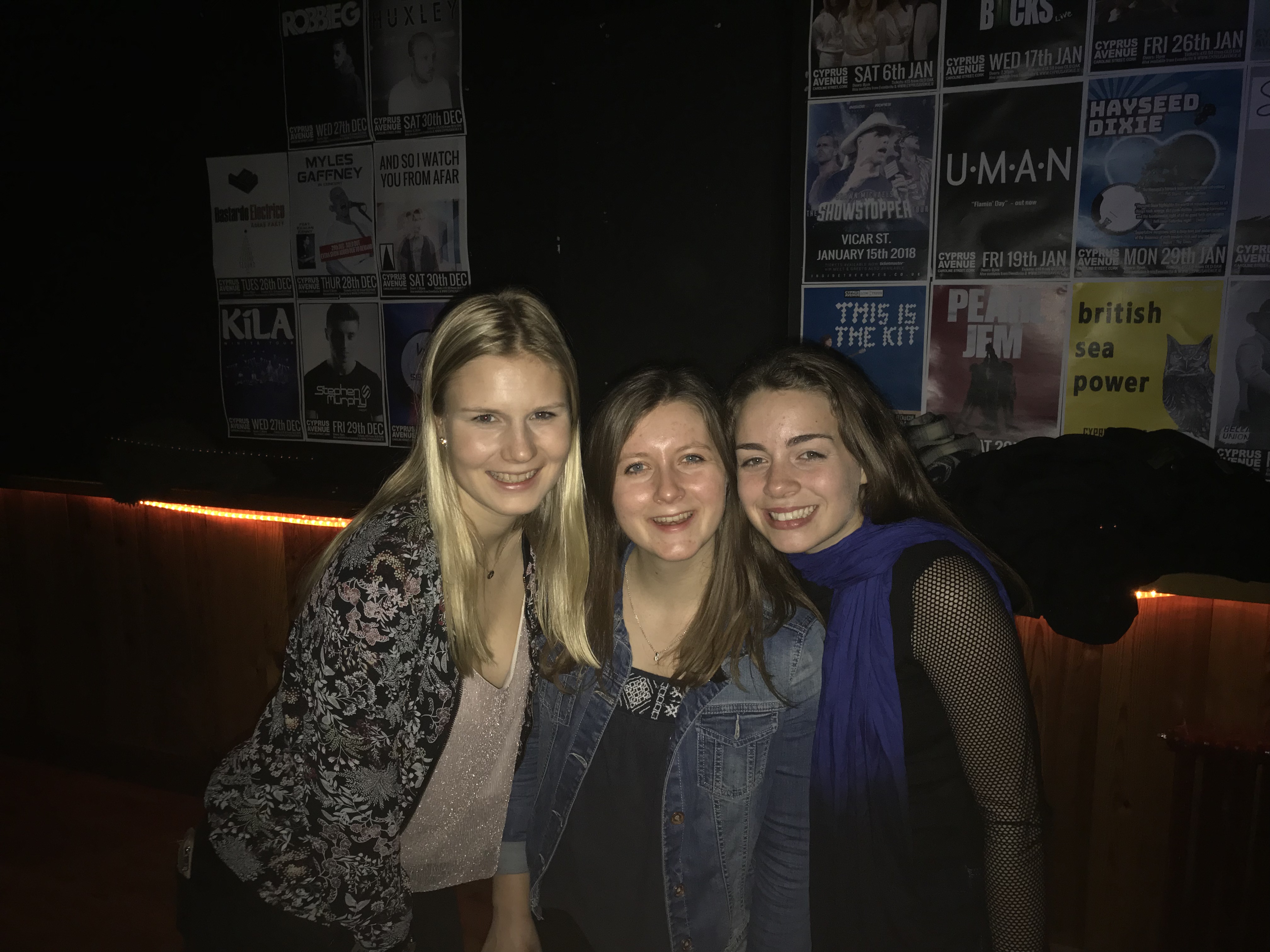Hamjambo from Tanzania!
We are all settled in at our beautiful camp in Northern Tanzania, outside of a small village named Rhotia!
The views are absolutely stunning, food is delicious and the people have been warm, welcoming… and very patient as I struggle to learn Swahili.
Already, we have been on a safari, attended field lectures analyzing the different aspects of landscapes, and created a trek sketch demonstrating a local village and its important social and environmental features (one similar to the ones NGOs make when establishing a new program). These experiences along with my current courses have already provided immense insight into this country’s policy, socioeconomics and how they both interrelate with ecology.
The most interesting thing to me has been wrestling with the many human-wildlife-land conflicts. For instance, when I first arrived, I fell in love with the ways farms occupy just about every landscape! Come to find out, the farms are often locals’ only opportunity to earn a sustainable income, so economically they are very positive to Tanzanians. Not so positive is the fact that forests are being cut down to create these farms. First and foremost, the destruction of forests corresponds with the destruction of the wildlife’s habitat which leads to increased human-wildlife conflicts as the animals have increased interactions with human communities. Some examples: wildlife eating humans crops and livestock, increased competition for water and grazing space and the spread of human and/or animal diseases to the other community. Additionally, the destruction of forests leads to land erosion, a loss of biodiversity and intense droughts and/or flash floods that affect the ecosystem.
Another more straightforward example of a human-wildlife conflict is the poaching culture. We had the opportunity to interview two local poachers and learned that they resorted to hunting bushmeat illegally because it was their only economic opportunity. Where it is beneficial that they are able to provide an income for their family, poaching is undoubtedly detrimental to wildlife and their ecosystem.
An overarching theme to all conflicts we’ve explored thus far is that the love towards wildlife is a privilege; very few local residents actually benefit from the wildlife, and often, locals strongly dislike the wildlife because they ruin their crops and eat their livestock. Additionally, the environment is not the main concern (which is understandable given the distant nature of the problem), but rather health and economic opportunities are. I came to Tanzania very socially oriented, and am eager to learn about how locals can benefit from the wildlife, what kinds of economic opportunities they desire, and also how all of this is intertwined with public health.
Enjoy the pics below! As they say in Swahili, baadae!
P.S. I just realized none of my pictures uploaded in my last post… internet here is VERY limited. Thanks for your patience!!
